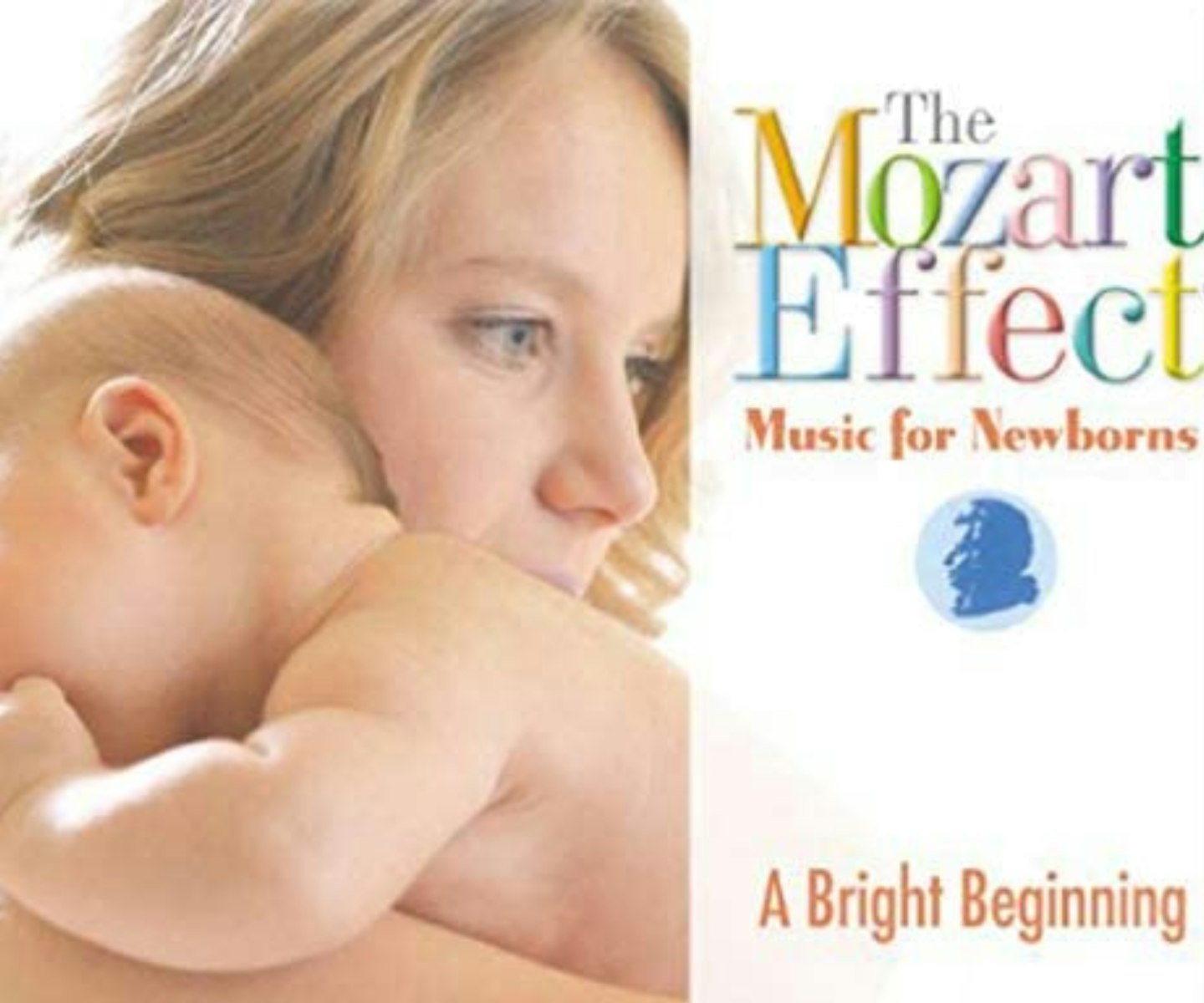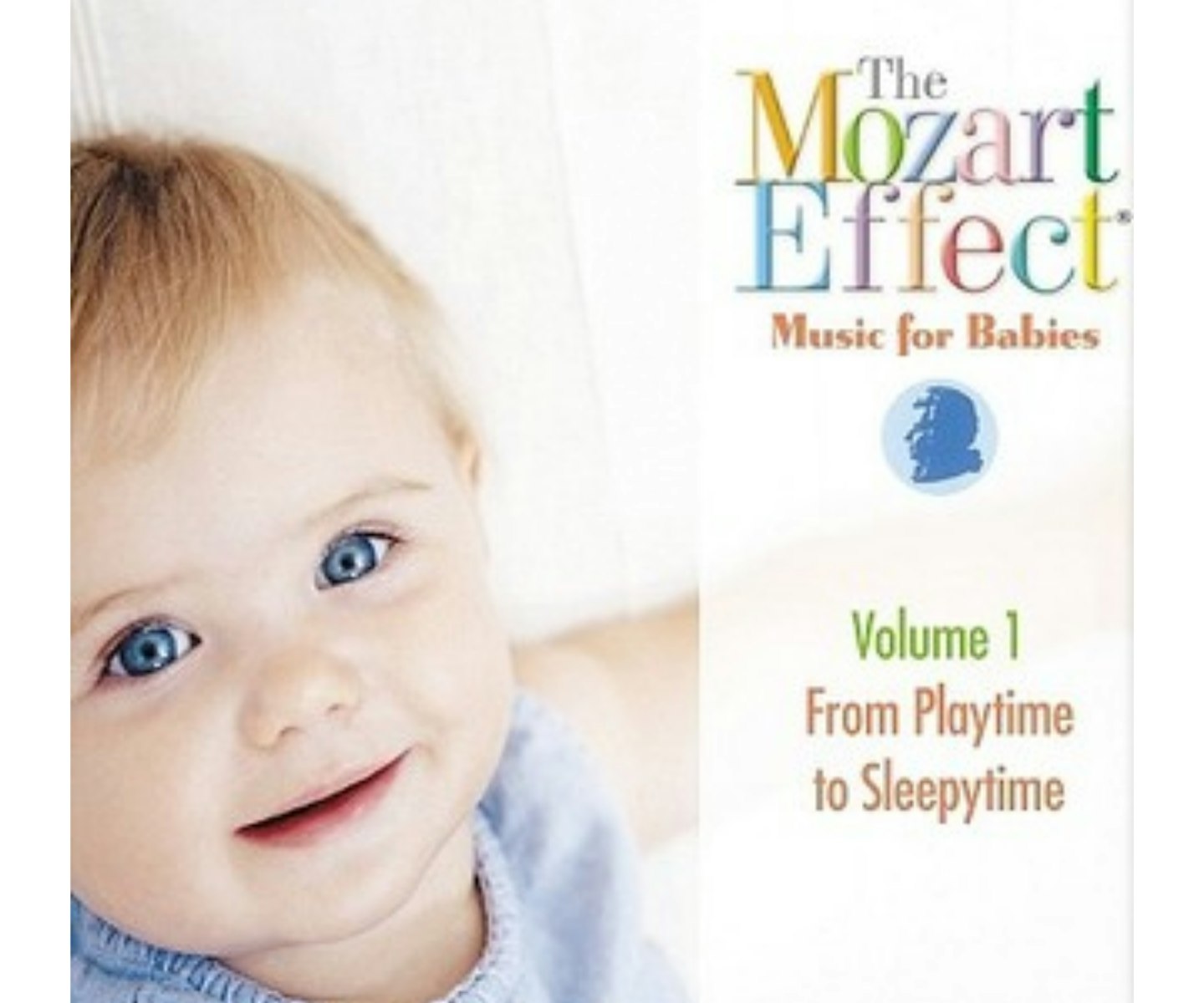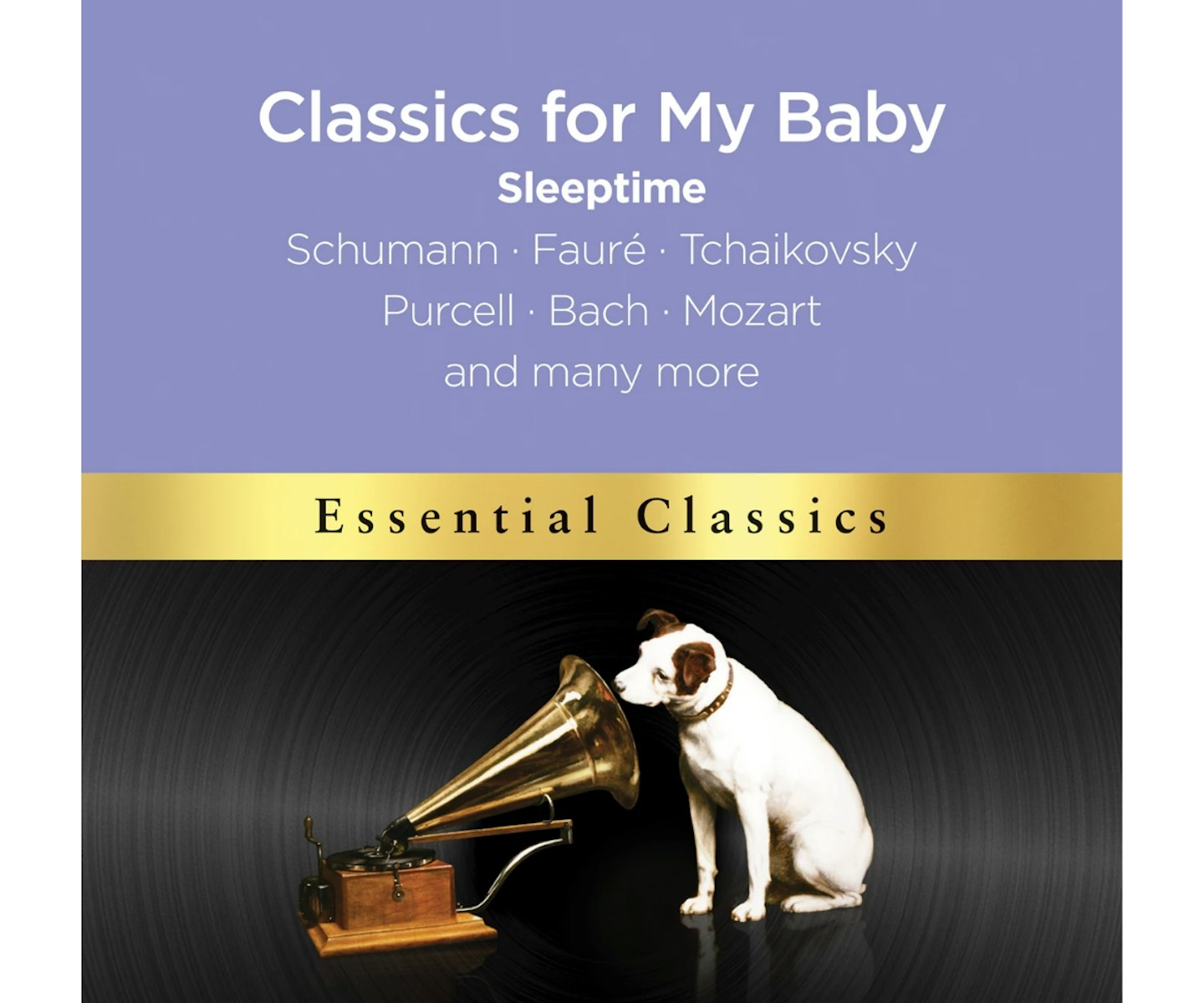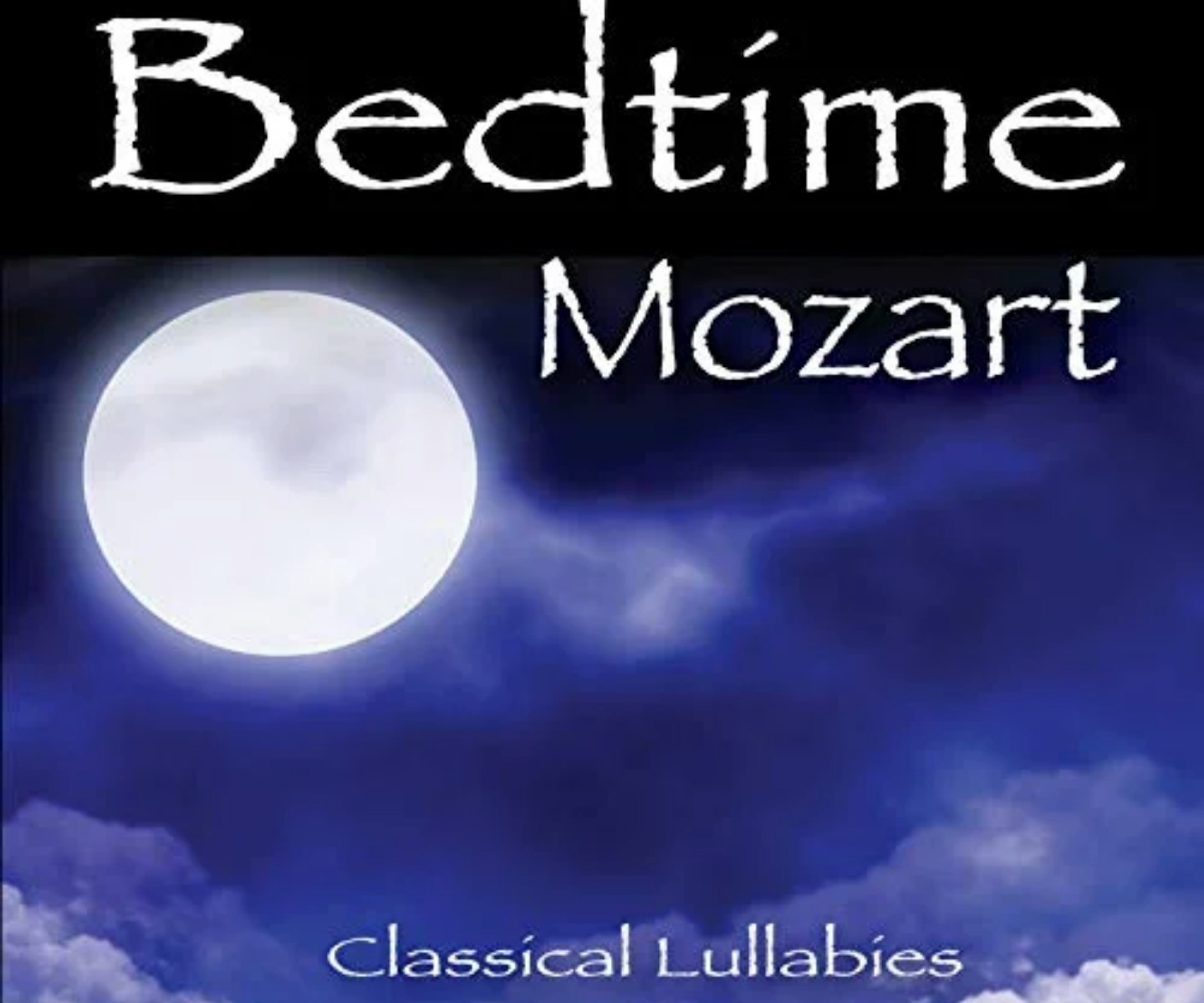We all know that babies need sleep for their development, even if it does feel as though they hardly settle sometimes! Not to worry though, if your little one is struggling to nod off, a baby lullaby might help. In particular, one in the form of a baby lullaby from the very best of Mozart, especially to help them with relaxation and sleep.
What is the Mozart effect?
You might have already heard of the Mozart effect, the idea that babies who are exposed to classical music are likely to become more intelligent. While this has been disputed, its effects on sending babies to sleep aren't! Studies have shown that lullabies help babies to have a better quality of sleep, as can things like white noise.
And as they get older? Why not introduce musical toys into their play, to help with their development of speech and language. As well as just listening to music, there are a whole bunch of benefits to playing instruments too. Did you know Mozart was only three-years-old when he started playing the piano?
The best Mozart lullaby for babies
With that in mind, here's a baby lullaby playlist with all the best songs from Mozart for babies.

Start them off on their love of classical music with this mix of Mozart's best works.

Listen as this orchestra performs a soft rendition of Mozart's work that's perfect for playing in the car or in their nursery to help promote some relaxation.

Have some wind-down time by playing some Mozart to encourage baby to get ready for bed.
Bond and relax with your bubba through music, with the soothing sounds of Mozart that'll lull little one to sleep.
These lullabies will soothe baby to sleep, with a mix of well-known children's songs to Mozart classics.
Have baby listen to some of Mozart's most famous compositions like Eine Kleine Nachtmusik, which will have you and baby feeling cultured.

store.hmv.com
Introduce your baby to some of the most famous classical composers to help them get to sleep, such as Mozart, Bach and Tchaikovsky to name a few.
Why do babies like Mozart?
There have been numerous studies to show that in the womb, babies generally respond more to classical music than to any other genre. In fact, 91 per cent reacted to Mozart's 'A Little Night' by sticking out their tongues and moving their mouths.
Why babies prefer certain genres or artists is unclear, but the different pitches and melodies that have 'persisted throughout the years' might just explain it, according to Dr. Marisa López-Teijón, the director of Institut Marquès.
Does Mozart help brain development in babies?
There's a lot of speculation around the idea considering the Mozart Effect study, however, this hasn't been proven. The validity of the study has been questioned over the years so, in other words, there's no definitive answer on whether classical music helps brain development in babies.
Despite this, music in general has been proven to have a positive effect on a babies' development, with better responses in speech and language development for little ones that are exposed to music.



